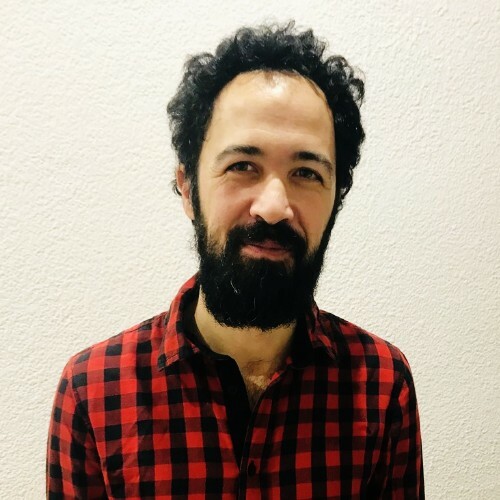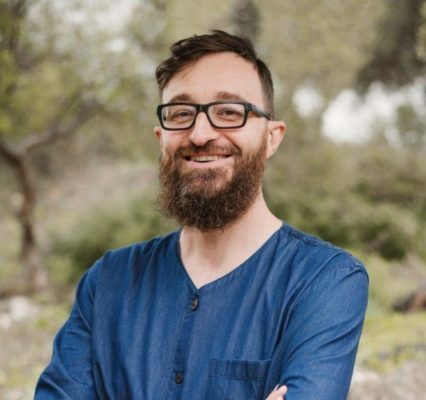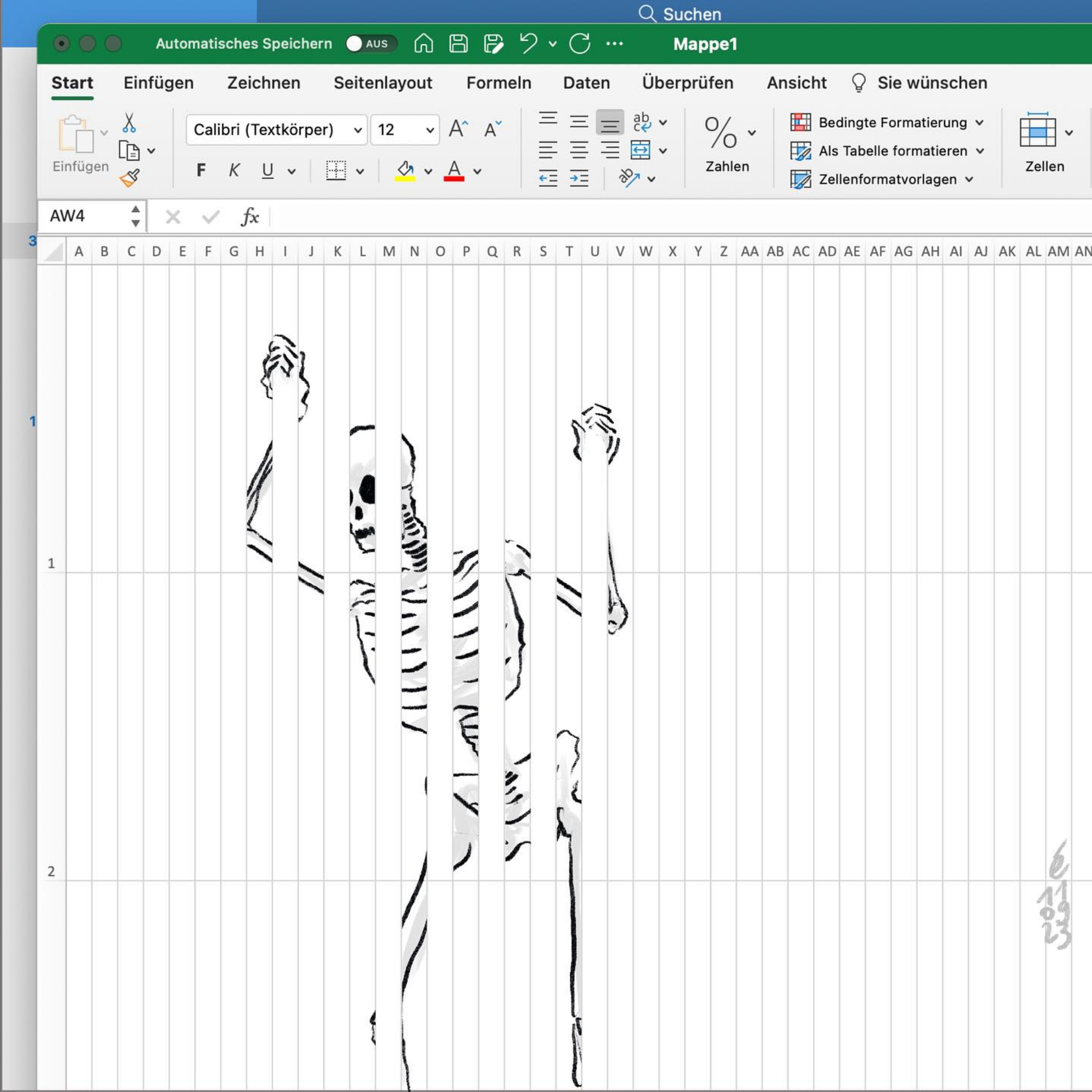Futures
Democratic and Robust Digital Infrastructures: call for the democratization of the digital transition in Europe.

In December 2022, the European Declaration on Digital Rights and Principles for the Digital Decade was signed by the European Parliament, the Council and the European Commission. This declaration highlights the recent need for alternatives to the dominant commercial platforms and extractive practices that dominate the online environment today.
However at Platoniq Foundation, together with 40 other signatory organisations representing civil society, we want to recognise the need for alternatives to the dominant commercial platforms and extractive practices that prevail in today’s online environment.
In the “Statement on democratic digital infrastructure” we call for the creation of a European public digital infrastructure fund to support Public Digital Spaces and democratise the digital transition. Among the principles that these alternatives must comply with are: creating public value, increasing digital sovereignty of communities and societies, adhering to democratic and collective forms of governance, using open standards and embracing interoperability, relying on free and open source software, guaranteeing privacy by default and by design, complying with EU net neutrality rules, and contributing to a regenerative economy.
The creation of such a European public digital infrastructure fund would be an important step towards a policy agenda to achieve a fair digital transition towards socially oriented and climate-friendly digital spaces, such as some sovereign digital platforms that already exist or are under development, such as Mastodon, PeerTube and ActivityPub.
Platoniq, Goteo and Decidim: A Synergy to Build Robust Democratic Infrastructures.
From Platoniq, we want to underline the importance of the open movement being connected to social movements and local or national democratic governance. Through this lens, Platoniq’s Goteo and Decidim platforms emerge as robust democratic infrastructures that embody these principles.
Goteo is an open crowdfunding platform that funds social impact projects and has raised more than 18.09 million euros since its inception. Goteo’s model is based on an open licensing framework, which invites projects to openly and transparently share different types of results, as well as requiring initiatives to have a positive impact on a social, democratic and ecological level. However, Goteo is not simply a funding platform; it is a community building tool that takes into account the financial needs of communities. By enabling backers to support projects not only with money, but also with talent, skills and time, Goteo cultivates a circular economy.
An example of a project with Democratic Footprint is Iridia, which has been financing its Service of Attention and Denunciation in Situations of Institutional Violence since 2016 through the Goteo platform. This collective project for Human Rights offers legal and psychosocial assistance to people who suffer situations of mistreatment within the Catalan penal system, as well as carrying out ex officio actions to investigate possible violations of rights. Iridia has managed to raise €254,652 through its 6 crowdfunding campaigns published since then.
Decidim, on the other hand, offers “open source participatory democracy for cities and organisations”. As part of Platoniq’s vision of crowdvocacy, Decidim amplifies democracy by providing citizens with means of democratic participation through different types of platforms. Decidim is a global project with a strong presence in Spain, and is used in Barcelona. However, its reach extends to more than 200 cities around the world, making it an example of a global and distributed participatory platform.
In deploying Decidim, despite its global nature, Platoniq pays particular attention to the different local cultures of participation. There is no “one-size-fits-all” software solution that guarantees civic participation. It is democratic governance that guarantees respect for social values and justice. The social contract needs to be built on top of software code and any legal licensing infrastructure. This is where the idea of political user experience manifests itself, where Platoniq not only designs functional online platforms, but also democratically governed communities and initiatives.
The European Commission has already used the Decidim platform in processes such as the COFOE, achieving considerable participation and interaction. This platform has been harnessed as a tool to foster citizen participation and build solid democratic infrastructures.
These platforms represent a significant step towards the goals expressed in the European Declaration on Digital Rights and Principles for the Digital Decade. Both platforms, Goteo and Decidim, create public value, increase the digital sovereignty of communities and societies, and adhere to democratic and collective forms of governance. They are based on free and open source software, guarantee privacy by default and by design, adhere to EU net neutrality rules and contribute to a regenerative economy.
Platoniq’s involvement with Goteo and Decidim is a living testament to the potential of robust and democratic digital infrastructures to bring about meaningful change in our society. These platforms are at the forefront of a movement that puts people and communities at the centre of digital change. They represent a concerted effort to fuse the principles of democracy, openness and equity, not only in theory, but also in tangible and meaningful practice.
Goteo and Decidim, by adopting a political user experience approach and applying social and solidarity economy principles, have demonstrated how technology and people-centred design can be used to enable democratic participation and facilitate social value creation. Building these infrastructures aligns with the ambition of the European Declaration on Digital Rights and Principles for the Digital Decade, which seeks a European digital space based on the EU’s fundamental values and rights.
We need to be democratic first, and then open
As we move into the future, it will be increasingly important to continue to invest in such digital infrastructures. We need to strengthen and expand these platforms, ensuring their accessibility and relevance to an even wider range of people and communities. In doing so, we will not only be promoting a fairer and more equitable digital transformation, but we will also be working to realise the vision of a truly open and democratic internet. Because, as Olivier Schulbaum, co-founder of Platoniq, rightly points out, we need to be democratic first, then open. This is the only way to ensure that the digital transformation benefits all individuals, businesses and society as a whole.






